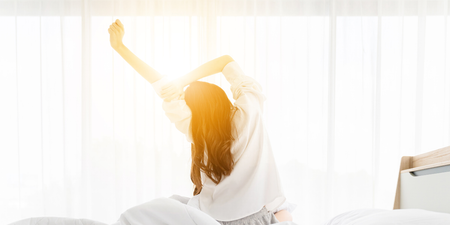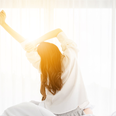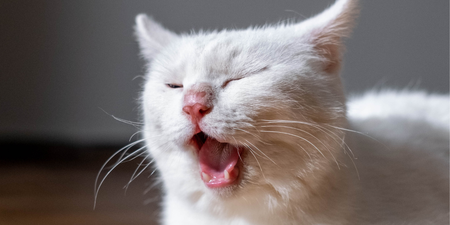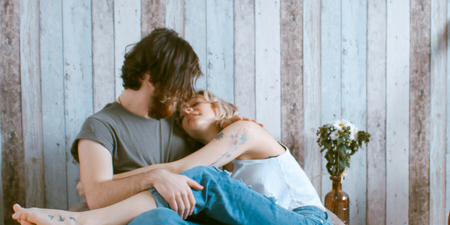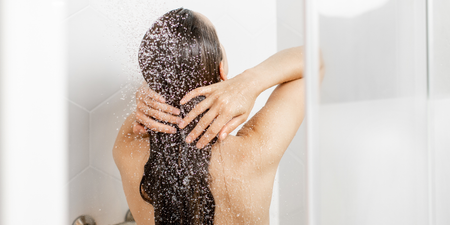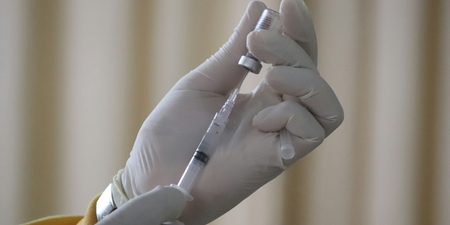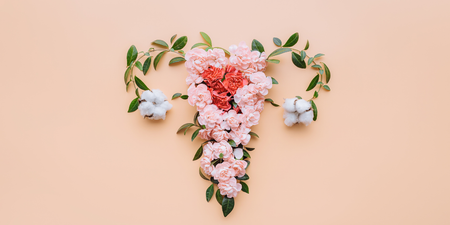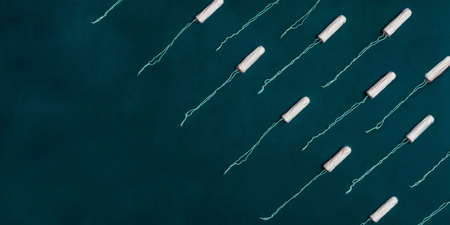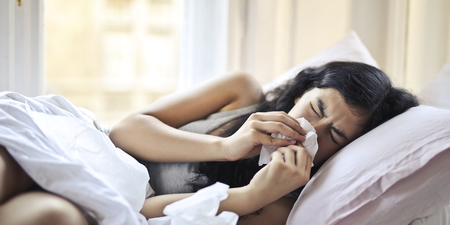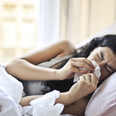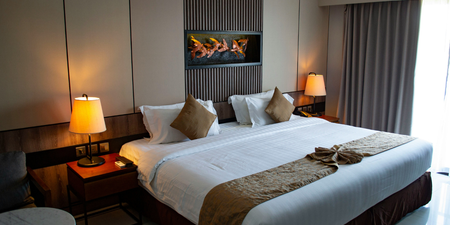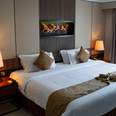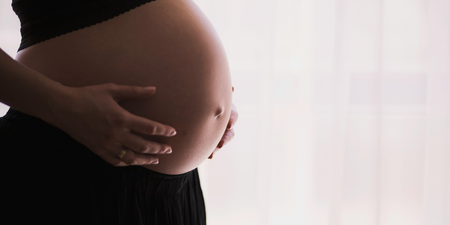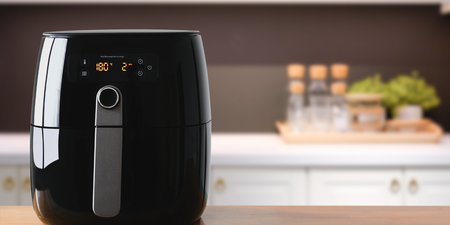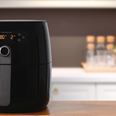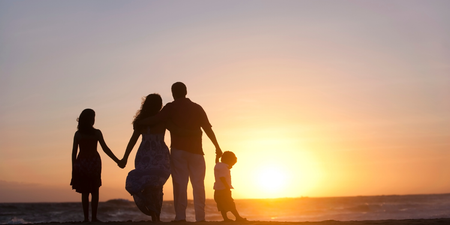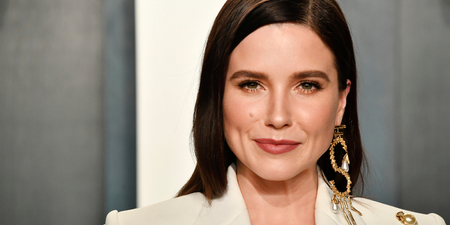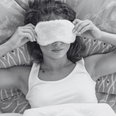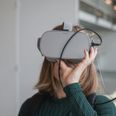Does a good night’s sleep seem elusive right now?
Though spring brings with it new life, green leaves and flowers, it can also bring a lovely sprinkle of sleep deprivation.
You wouldn’t be alone if you’re someone tossing and turning at night right now, it turns out there may be a bit of science involved in keeping you up.
More sun means less sleep
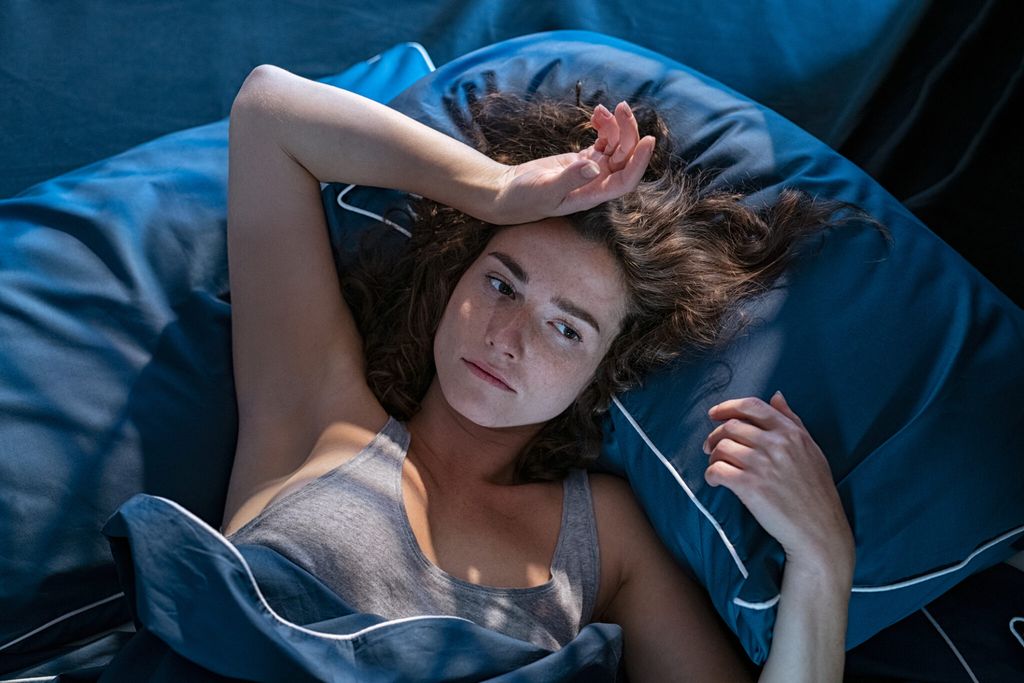
Scientists decided to look into why we seem to struggle with sleeping when the seasons change and the answer is really interesting.
Research suggests we humans may need more sleep during the dark, cold winter months than we do during the summer.
The data revealed that subjects tended to sleep longer during the winter, by up to 60 minutes, they took about 25 minutes shorter to enter into REM sleep during autumn than spring and they experienced about 30 minutes more REM sleep on average in winter than spring.
Even if you live in a city where artificial light seems to make the night look like the day, it seems to have little effect on the phenomenon.
“Our study shows that even while living in an urban environment, with just artificial light, humans [experience] seasonal sleep,” says Dieter Kunz, one of the study’s lead authors and head of the clinic of sleep and chronomedicine at St Hedwig Hospital in Berlin, Germany.
“I would expect the seasonal variations to be much higher, [if the patients had been] living outside and were only exposed to natural light,” he adds.
Other studies have shown that exposure to artificial light can suppress the secretion of the sleep hormone melatonin from the pineal gland, throwing off our natural circadian rhythm.
Yet, in this German study of 188 patients who lived in urban settings and suffered from disturbed sleep even when exposed primarily to artificial lights experienced seasonal variations in REM sleep, which is directly linked to our circadian rhythm.
The team acknowledged the results need to be validated in a population experiencing no sleep difficulties, but they said the seasonal changes could be even greater in a healthy population.
How light effects sleep
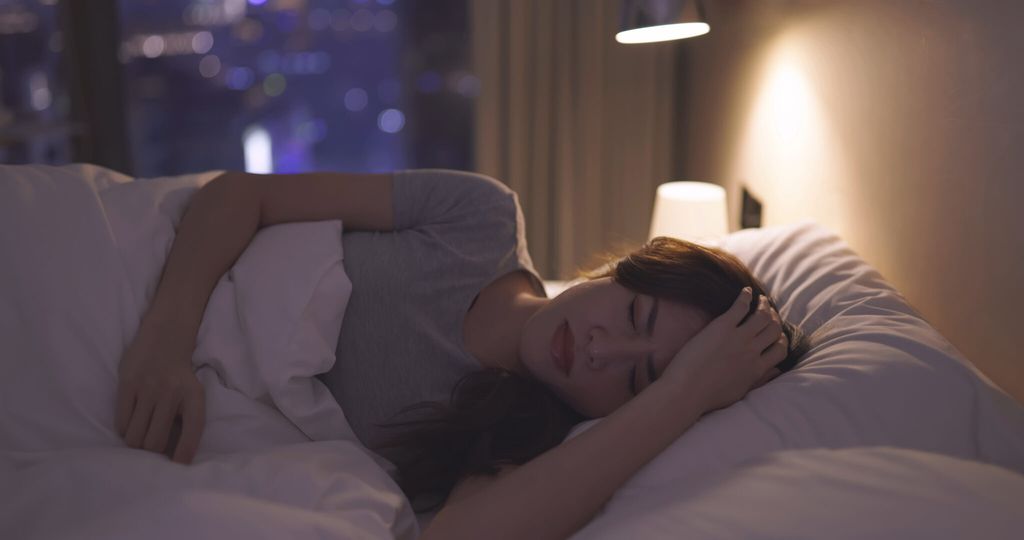
It seems that even when met with artificial lighting, the sun always comes out on top.
Robert Soler, a former NASA engineer who studied how the lack of light affected astronauts’ sleep cycle explained to Healthline that both the amount of sunlight and the type of lighting has a part to play.
“The sun cycles through sunrise, daytime, sunset, (and) nighttime light, which all have different colours that our body interprets as stimuli for different energy levels and activities,” he said.
“Bluer light in the morning – like a morning sky – gives a boost of energy and helps get you to get out of bed. Daytime light, or bright light, with cooler tones, help signal to your body that it’s time to be alert and help with productivity.
“Then at the end of the day, the amber colours of a sunset prepare you for sleep.”
Robert also noted that during winter, the entire solar cycle is condensed and there are more hours of nighttime or darkness.
As a result, not only does the darkness make us want to sleep more, but there are fewer hours of daytime light limiting how alert we are.
READ MORE:
- ‘Our obsession with botox in our 20s and 30s is having a noticeable impact on younger generations’
- Sophie Kasaei says BBL surgery ‘nearly killed’ her – Let’s talk about the dangers
- How do adenomyosis and endometriosis differ? Lucy Mecklenburgh shares her experience
- Having one lazy day per week is actually good for your health
- What is an ectopic pregnancy and how does it happen?




